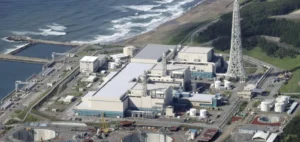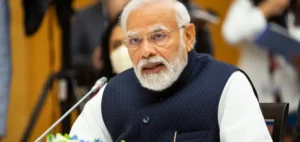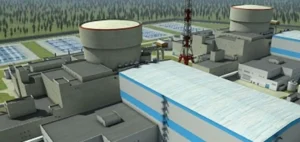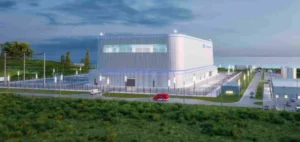Departing British Prime Minister Boris Johnson on Thursday announced 700 million pounds of public funding for the Sizewell C nuclear power plant project, which is expected to cost tens of billions of pounds in total.
“We’re putting 700 million pounds into the project,” which is “just a portion” of the 1.7 billion pounds already included in the government’s budget guidance that could be allocated to the project, Johnson announced Thursday in an energy speech.
British media had already reported last week that Johnson had given the green light to Sizewell C’s funding.
This project, which is expected to cost between 20 and 30 billion pounds, was approved in July by London. But in the midst of the race to appoint a successor to Mr. Johnson in Downing Street, critics had immediately denounced an investment that could weigh on the margin of maneuver of Liz Truss, the favorite candidate against her opponent Rishi Sunak.
Sizewell C is a project comprising two EPR reactors with a capacity of 3.2 GW led by the French electricity company EDF, with the Chinese group CGN initially as a minority investor, although the British government now seems reluctant to see Chinese investors present in a project considered strategic.
The proposed plant should give rise to private capital calls and in which the British government could take 20%, according to the press.
The United Kingdom, which has committed to achieving carbon neutrality by 2050, wants to accelerate the development of nuclear power, which does not release CO2 into the atmosphere, while many of its 15 current reactors are at the end of their lives and up to eight new reactors are planned by 2050.
Mr. Johnson criticized on Thursday the “paralysis” of the sector in the United Kingdom for years, denouncing the “short-sightedness” and “short-sightedness” of several Labour predecessors, saying however that he was confident that the next Prime Minister would continue the development of the sector.
“Nuclear always looks expensive to build and operate when you start, but look at the consequences of (Vladimir) Putin’s war: (atomic energy) is certainly cheaper, compared to hydrocarbons” that have soared with the conflict, he argued.
London had already announced in January that it was injecting an additional 100 million pounds for the development of Sizewell C and to “attract further funding from private investors”.
The project is also the subject of a legal challenge by opponents who decry its impact on the environment.






















